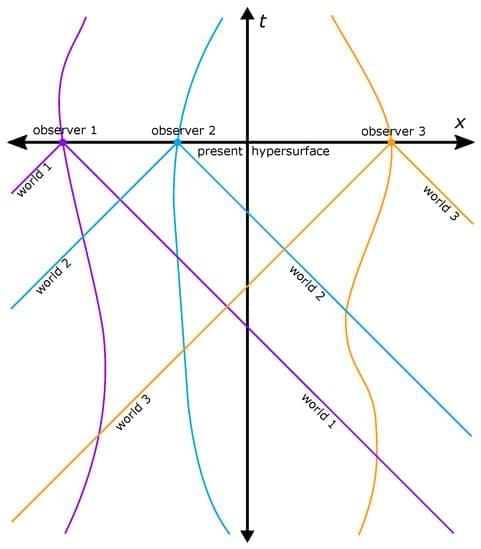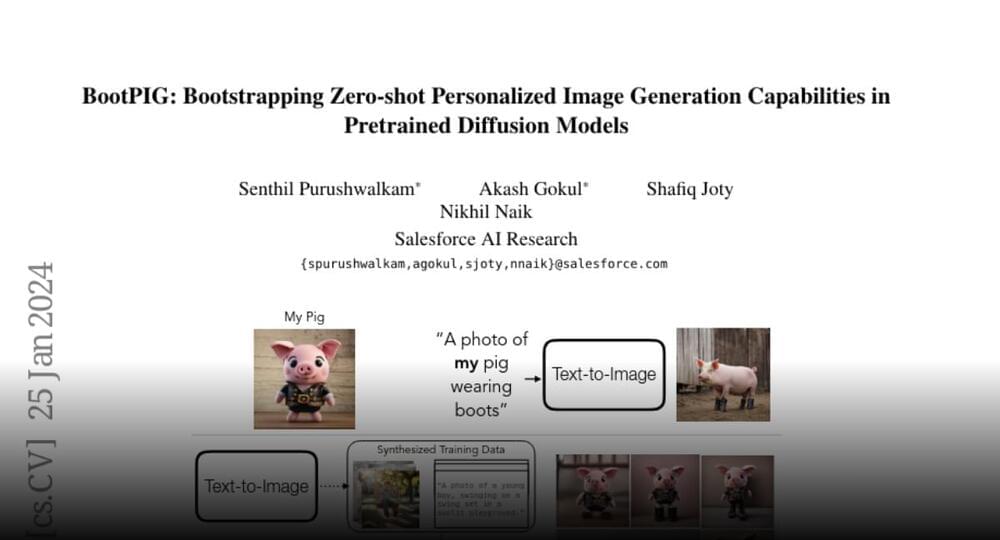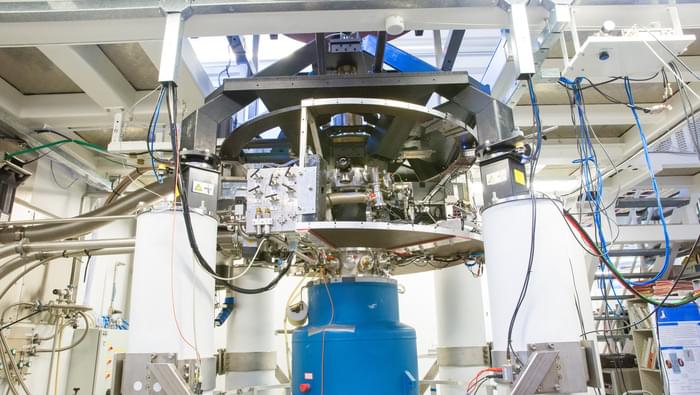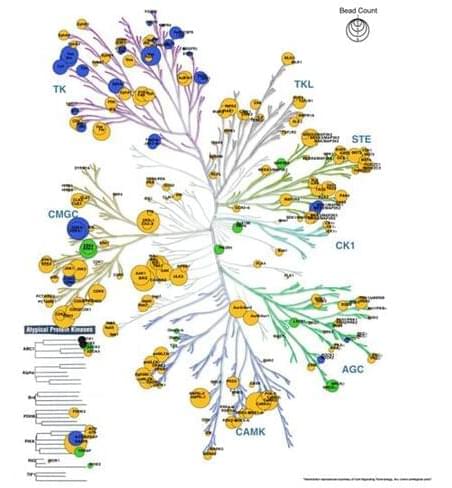The presence of supermassive black holes in the earliest epochs of the universe has scientists stumped — but repeated explosions from tiny black holes may offer an explanation.




4 reviewer reports (4 anonymous)
13 citations in the Web of Science Core Collection.
Classical and Quantum Gravity Published by IOP Publishing Indexed in the Web of Science Core Collection Engages in Transparent Peer Review.

Jonathan Oppenheim at University College London has developed a new theoretical framework that aims to unify quantum mechanics and classical gravity – without the need for a theory of quantum gravity. Oppenheim’s approach allows gravity to remain classical, while coupling it to the quantum world by a stochastic (random) mechanism.
\r \r.
For decades, theoretical physicists have struggled to reconcile Einstein’s general theory of relativity – which describes gravity — with quantum theory, which describes just about everything else in physics. A fundamental problem is that quantum theory assumes that space–time is fixed, whereas general relativity says that space–time changes dynamically in response to the presence of massive objects.

In 1948, Schwinger developed a local Lorentz-covariant formulation of relativistic quantum electrodynamics in space-time which is fundamentally inconsistent with any delocalized interpretation of quantum mechanics. An interpretation compatible with Schwinger’s theory is presented, which reproduces all of the standard empirical predictions of conventional delocalized quantum theory in configuration space. This is an explicit, unambiguous, and Lorentz-covariant “local hidden variable theory” in space-time, whose existence proves definitively that such theories are possible. This does not conflict with Bell’s theorem because it is a local many-worlds theory.





The burials contain the remains of Alexander’s father, stepmother, half-siblings, and son, along with armor and other items belonging to the man himself.
While there is never been any doubt that the human skeletal remains found in Royal Tombs I, II, and III belong to close relatives of Alexander, scholars have spent almost half a century bickering over who exactly lies within each grave.
The researchers examined the skeletal elements with the aid of macrophotography, radiographs, and anatomical dissection. The study authors combined osteological analyses, macro photography, X-rays, and anatomical dissections of the ancient remains with historical sources from the ancient past.